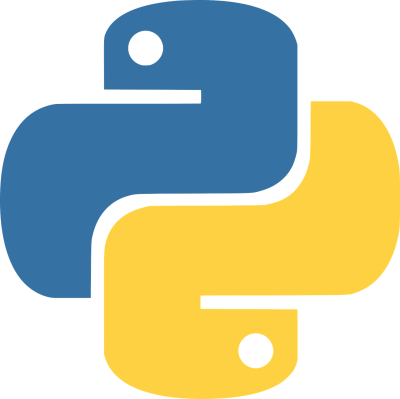There are three types of frameworks for Python. These are discussed in most Python courses for beginners. Let's discuss a high-level overview for each.
- Full-Stack Framework: We rely on full-stack frameworks as a one-stop solution for all developer requirements. Form generators, form validation, and template layouts are usually available with a typical full-stack framework.
- Microframework: Microframeworks are lightweight frameworks that don’t offer additional functionalities and features, such as a database abstraction layer, form validation, and specific tools and libraries. Developers using a microframework need to add a lot of code and additional requirements manually.
- Asynchronous Framework: Asynchronous frameworks have recently grown in popularity. These are microframeworks that handle a large set of concurrent connections. Typically, an asynchronous framework built for Python uses the programming language’s asyncio library.
